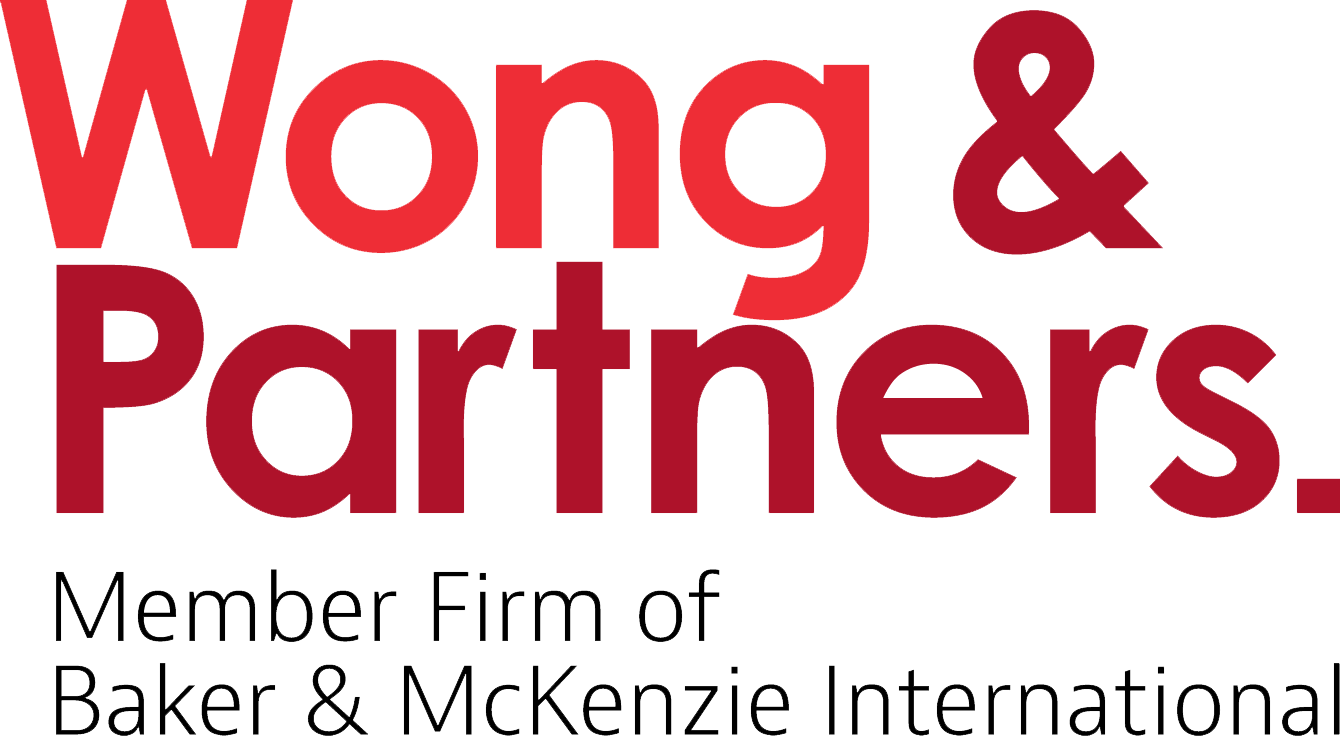In brief
On 4 January 2022, Bank Negara Malaysia (“BNM“), the Central Bank of Malaysia, issued the Licensing Framework for Digital Insurers and Takaful Operators Discussion Paper (“DITO Discussion Paper“). The DITO Discussion Paper outlines the newly proposed regulatory framework (“Proposed Framework“) applicable to digital insurers and takaful operators (“DITOs“). The document represents the next phase of BNM’s initiative to encourage digitalisation within the financial sector, and follows the Licensing Framework for Digital Banks issued by BNM on 31 December 2020.
DITOs are expected to operate wholly, or almost wholly, through digital means with limited physical access points. It is anticipated that DITOs, through the application of innovative technologies, will contribute to BNM’s objective of increasing insurance and takaful penetration in unserved and underserved Malaysian market segments.
Key Takeaways
- The DITO Discussion Paper clarifies the:
- value proposition expected of licensed DITOs in serving the protection needs of the Malaysian economy;
- types of business models which BNM is open to consider; and
- regulatory requirements to be observed by licensed DITOs.
- BNM has invited feedback from industry players on the key requirements that will have to be met by potential DITO applicants. Applications will follow at a later date to be announced by BNM. Upon obtaining feedback, BNM aims to issue exposure draft(s) and a policy document on prudential and business conduct requirements for DITOs this year.
In more detail
The DITO Discussion Paper sets out the following key assessment criteria.
- Key Assessment Criteria for DITO Licensing
DITO applicants are required to demonstrate that their offering is in the best interest of Malaysia and will contribute to long-term social and economic benefits for Malaysia. The following are key value propositions which form part of BNM’s assessment criteria for the licensing of DITOs:- Inclusion – DITO applicants who are able to develop and deliver affordable protection solutions that are suitable and responsive to the needs of the wider population to address critical protection gaps, particularly among the financially at-risk segments in Malaysia;
- Competition – DITO applicants who are able to offer on-demand, tailored and innovative products and services, including leveraging on technology to compete, delivering value-added services and enhancing customer experience; and
- Efficiency – DITO applicants who are able to deliver better customer experiences through efficient processes and service improvements to enhance customer satisfaction.
- Other Business Models
Under the Proposed Framework, BNM has indicated a willingness to consider a broader range of business models including risk-sharing models. These include crowd-sharing or peer-to-peer protection schemes beyond those currently operated by traditional licensed insurers and takaful operators. In addition to the Proposed Framework, licensed DITOs will be expected to comply with existing requirements in areas such as market conduct and consumer protection. - Regulatory Flexibilities and Foundational Phase
As new entrants, BNM acknowledges that DITOs will require regulatory flexibilities during the foundational phase, which is a specified period for licensed DITOs to adjust and receive support in their initial stages of business development. In this regard, BNM is considering the following regulatory flexibilities:- a lower minimum paid-up capital requirement of RM40 million (instead of RM100 million for traditional insurers and takaful operators) at the point of entry; and
- other flexibilities around prudential and business conduct requirements which are proportional to the risk levels.
Separately, BNM may also impose additional requirements to encourage DITOs to strengthen their technology resilience against operational disruption and cyber threats.
Notwithstanding the initial regulatory flexibilities, it is anticipated that all DITOs will gradually move to full compliance with the same regulatory and supervisory requirements as traditional insurers and takaful operators to ensure regulatory parity.
******************
For further information and to discuss what this development might mean for you, please get in touch with the contact persons listed.

2022 Wong & Partners. This client alert was issued by Wong & Partners, a member firm of Baker McKenzie International, a global law firm with member law firms around the world. In accordance with the common terminology used in professional service organizations, reference to a “partner” means a person who is a partner or equivalent in such a law firm. Similarly, reference to an “office” means an office of any such law firm. This may qualify as “Attorney Advertising” requiring notice in some jurisdictions. Prior results do not guarantee a similar outcome.






